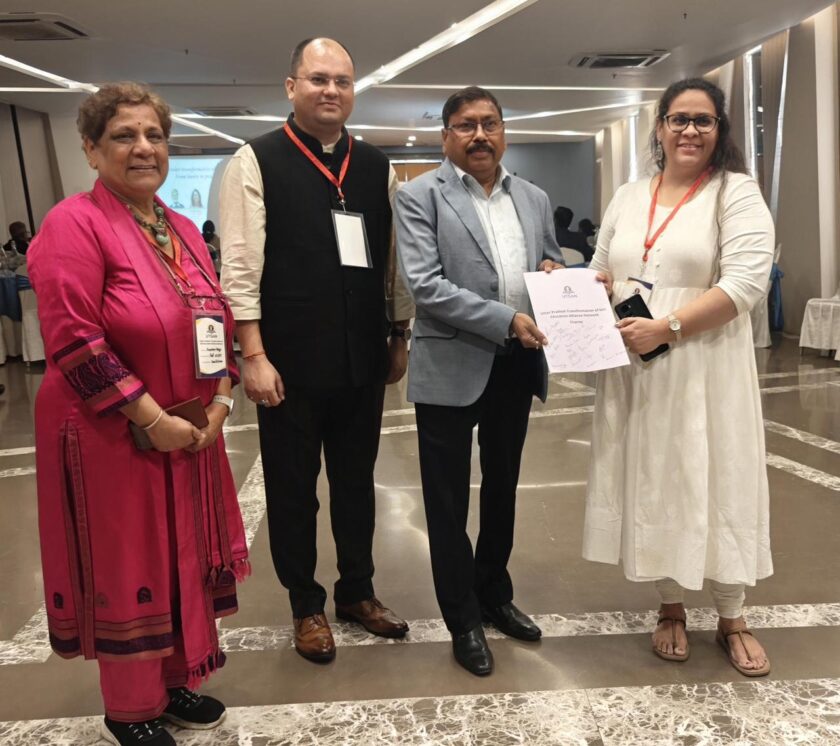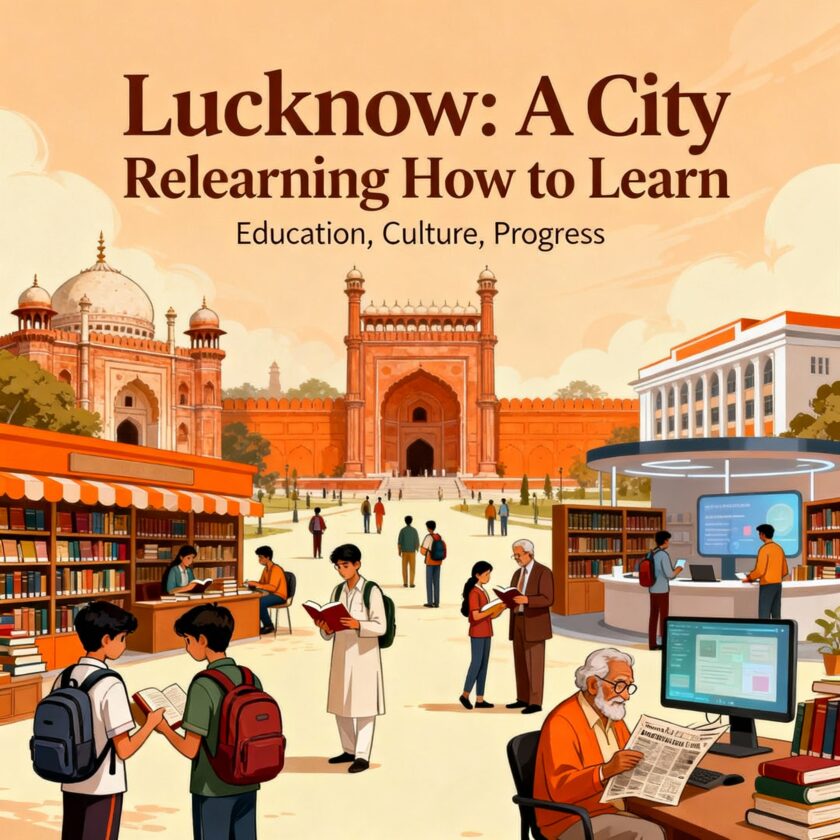Dr Shishir Srivastava, Founder & CEO, UniFusion Consultants, Motivational Speaker, Trainer and Author
Lucknow: India’s recent achievement of becoming the world’s fourth-largest economy, surpassing Japan with a projected GDP of $4.187 trillion for fiscal year 2026, is a significant milestone. However, this economic growth has not translated into equitable prosperity. Despite the nation’s economic size, India’s per capita GDP remains relatively low, ranking around 130th globally.
The disparity between total economic growth and individual prosperity is evident. While poverty rates have declined, a significant portion of the population continues to experience economic hardship. Approximately 1% of Indians control over 40% of the nation’s wealth, while the bottom 50% own only about 3%. This concentration of wealth exacerbates social inequalities and hinders inclusive development.
To address these challenges and build an India with a higher per capita GDP, a more inclusive economic model is essential. This model should aim to reduce the seven distinct economic zones—ranging from billionaires to the very poor—into three cohesive tiers: the rich, upper middle class, and middle class.
Key strategies to achieve this transformation include:
1. Investing in Quality Education: Education should be accessible to all, not just a privileged few. Ensuring free and quality schooling, teacher training, and world-class higher education institutions across urban and rural areas is crucial.
2. Empowering Through Skill Training and EdTech: Utilizing technology to provide online courses, vocational training, and digital literacy can democratize opportunity. A youth trained in various skills is better prepared to contribute meaningfully to the economy.
3. Creating Local Jobs with National Vision: Decentralizing industrial development and promoting startups in smaller towns can stimulate local economies. Ensuring ease of doing business in Tier 2 and 3 cities is vital for balanced regional development.
4. Encouraging Ethical Governance and Grassroots Democracy: Transparent governance, efficient delivery systems, and accountability must become the norm. When the government delivers effectively, citizens rise.
5. Fostering a Spirit of Shared Responsibility: The privileged must play a role—not just in charity but in enabling structural upliftment. Mentorship, internships, local investments, and inclusive hiring can drive collective success.
The youth play a pivotal role in this transformation. A new generation should be nurtured to think beyond self-interest and focus on building a politically wise, economically vibrant, socially just, and spiritually grounded India.
In conclusion, while GDP growth is a milestone, per capita prosperity—broadly shared and fairly distributed—is the true mark of a developed nation. To build an India with the 4th largest per capita GDP, success should be redefined from mere numbers to improved lives.
Jai Hind.
Jai Jagat.
The writer is Author of New India in the 21st Century- a book appreciated by Prime Minister Narendra Modi
---------------------------------------------------------------------------------------------------














